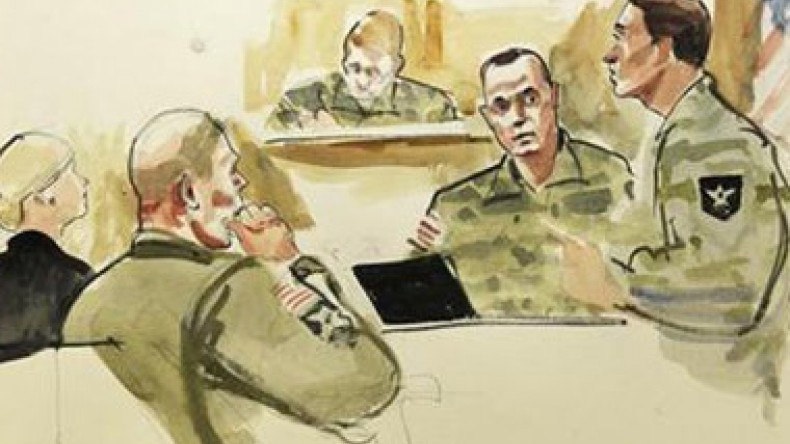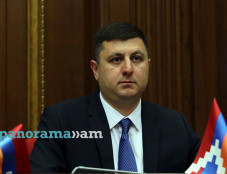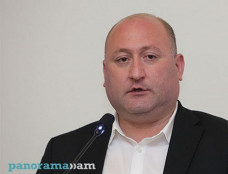
First Sergeant: U.S. soldier in Afghan rampage had no sign of PTSD
A U.S. soldier accused of killing 16 Afghan villagers in a rampage earlier this year was an outstanding leader who had difficulty sleeping but no signs of post-traumatic stress disorder, his immediate superior testified on Wednesday, Reuters reported.
Military prosecutors are seeking the death penalty for Army Staff Sergeant Robert Bales, accusing him of gunning down the villagers - mostly women and children - when he ventured out of his remote camp on two revenge-fueled forays over a five-hour period in March.
In testimony that could hobble any defense that Bales was seriously impaired on the night in question, First Sergeant Vernon Bigham told a pre-trial hearing that Bales had undergone surgery for sleep apnea but did not complain of PTSD, traumatic brain injury or headaches.
Bigham, Bales' company supervisor, described the decorated serviceman as a capable sergeant "doing an outstanding job." He testified via video-link from Afghanistan's Kandahar Air Field before a hearing at Joint Base Lewis-McChord in Washington state that will determine whether there is enough evidence to warrant a court martial.
"I was trying to groom him, to help him make the next step," Bigham said of Bales.
Bales, a veteran of four combat tours in Iraq and Afghanistan, faces 16 counts of premeditated murder and six counts of attempted murder, as well as charges of assault and wrongfully possessing and using steroids and alcohol while deployed.
The shootings in Afghanistan's Kandahar province marked the worst case of civilian slaughter blamed on an individual U.S. soldier since the Vietnam War and damaged already strained U.S.-Afghan relations.
Bales' lead defense attorney, John Henry Browne, has suggested that PTSD or a concussion, combined with steroids and alcohol, may have played a part in the events of March 11.
But Bales' lawyers have not said directly what their defense will be, and Bigham's testimony could hurt any effort to portray the soldier as impaired by stress or mental injuries.
Bigham reluctantly told lead prosecutor Lieutenant Colonel Jay Morse that Bales was a "family man" who frequently discussed his children but complained about marital issues.
He had been "very excited" about his latest deployment, Bigham said, acknowledging that Bales preferred aggressive field tactics.
"Was he frustrated with the rules of engagement?" Morse asked. "Uh, yes," Bigham answered.
Several witnesses on the first two days of the hearing testified that Bales had been upset by the lack of action over an attack on a
patrol several days before the shootings in which one soldier had the lower part of a leg blown off by a bomb.
Bigham's remarks came a day after another soldier's testimony appeared to cast doubt on the government's contention - supported by several witnesses on Monday - that Bales, 39, left and entered the compound twice on his own, and acted alone.
Private First Class Derek Guinn testified on Tuesday that he was told by Afghan guards that two U.S. soldiers were seen entering Camp Belambay, where Bales was based, in the early hours of March 11 and one was seen leaving again.
But Guinn, who spoke to the guards through an interpreter, said he personally did not see anyone leaving or entering the camp.
Newsfeed
Videos






























